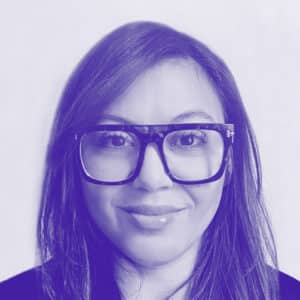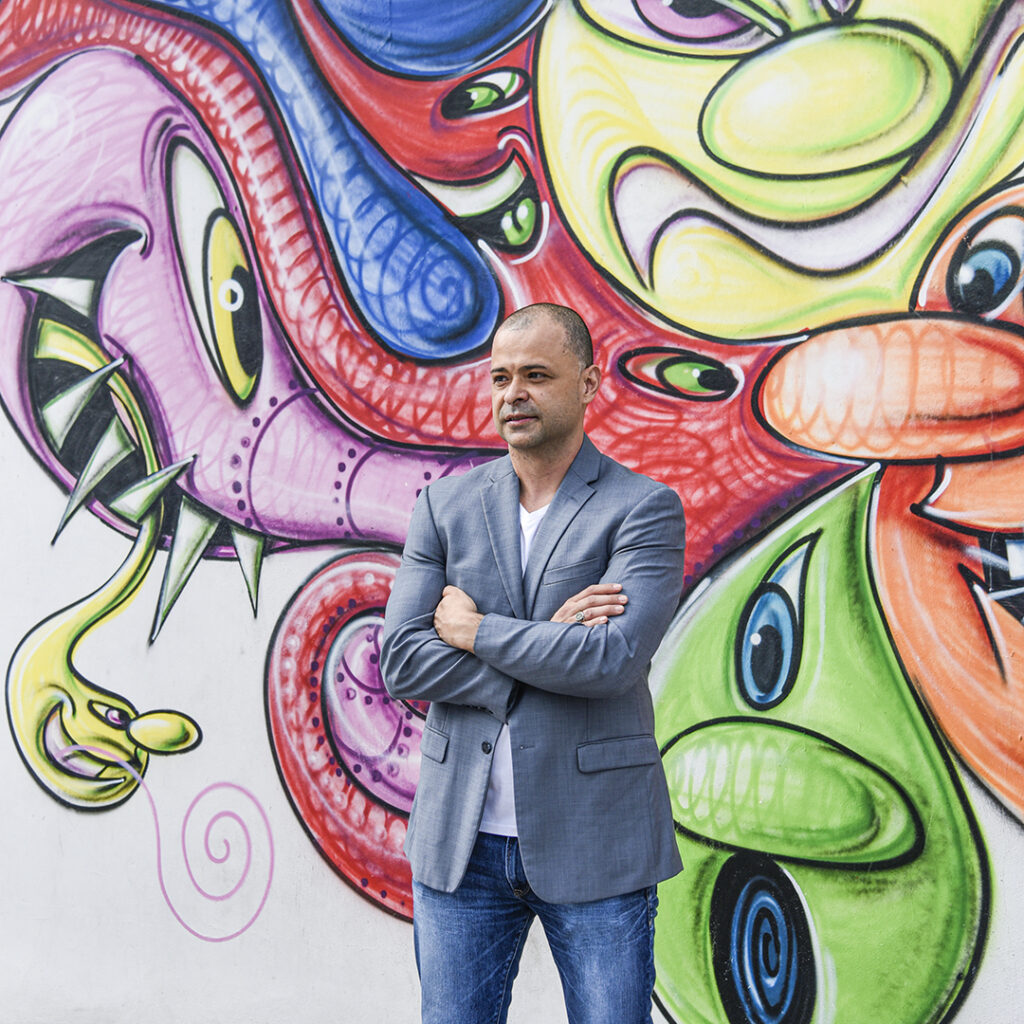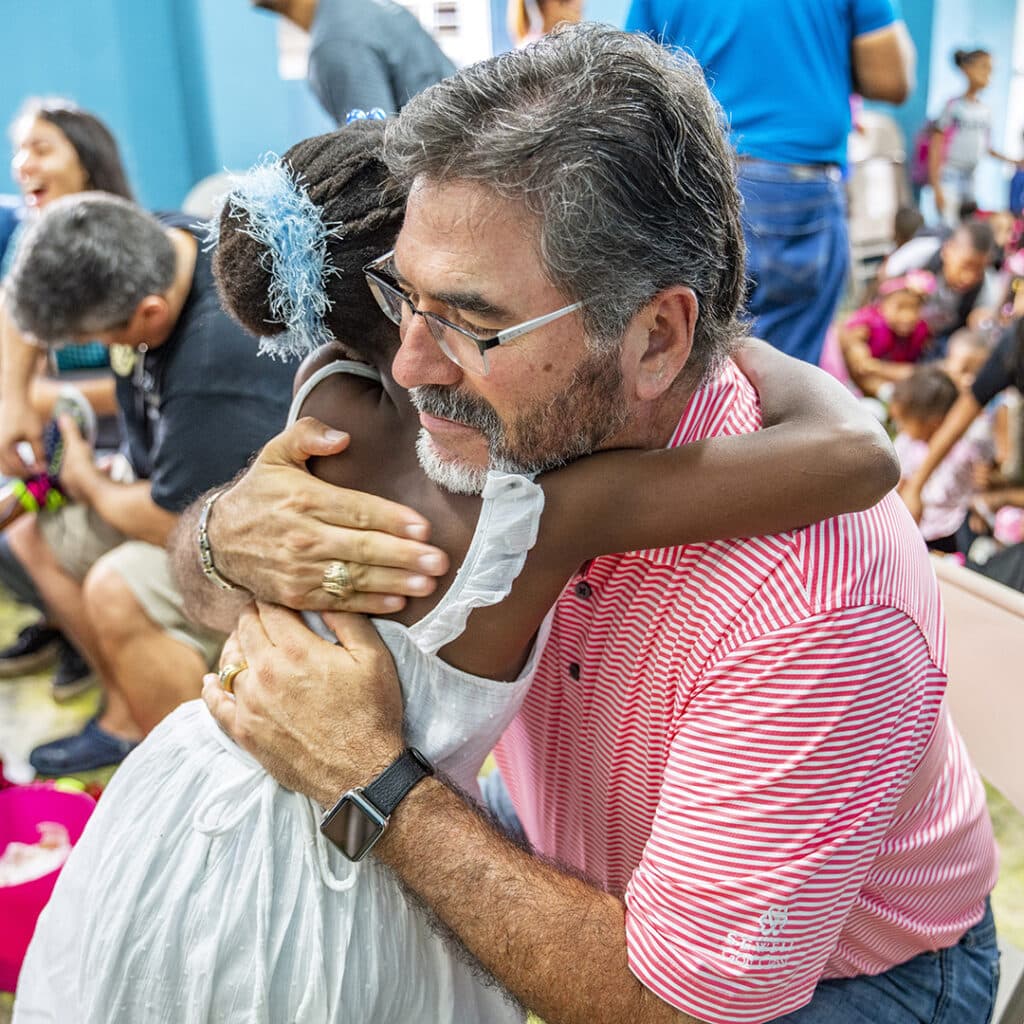|
Getting your Trinity Audio player ready...
|
Over the past few weeks, the way we live and work has been shaken up, giving us a new normal that none of us have ever seen or experienced before.
One of the many lessons the COVID-19 pandemic is teaching us is how business leaders respond in a crisis. The employers who are rising to the occasion are finding a way to shift workplace culture to meet these dramatic changes. It is a crash course in equity, inclusion, and belonging, as we are no longer segmenting ourselves from what we bring to work. We simply can’t. Work-life balance has now become work-life integration.
As a result of these necessary adaptations, we see that change in major corporations is actually doable. Always an important resource, the role of professional organizations/associations that are focused on diversity now has an even higher imperative as companies have the opportunity to reflect on where they have missed the mark and quickly shift to improve efforts for equity, inclusion, and belonging. Industries may now, finally, be ready to listen.
For years, all sectors have been fixated on how to solve the lack of diversity and inclusion influenced by social movements around race, religion, sexual orientation, gender identity, and ethnicity. Many have created new leadership positions, such as chief diversity officer, to spearhead change. More recently, “diversity” has evolved to encompass equity and belonging. Companies continue to face harsh criticism from current, past, and potential employees, as well as consumers and the general public as awareness and accountability standards begin to rise. In an effort to prove commitment to diversity, equity, and inclusion (DEI), many industries have taken it upon themselves to create diversity reports and communicate their efforts the public.
Research on diversity and inclusion has been conducted for over twenty years from academic experts and consulting firms such as McKinsey & Company—most notably its Diversity Matters report. These studies have helped position the importance of DEI beyond just a compliance issue, indicating that DEI is a social, moral, and business imperative. However, these studies miss an integral group influencing the field: the professional organizations/associations within the social sector that are focused on diversity.
As a result of these necessary adaptations, we see that change in major corporations is actually doable. . . [T]he role of professional organizations/associations that are focused on diversity now has an even higher imperative as companies quickly shift to improve efforts for equity, inclusion, and belonging. Industries may now, finally, be ready to listen.
Very little collective research has provided data on what diversity organizations do, how many exist, and what they have accomplished. There are many diversity organizations founded in the era of the Civil Rights movement that have been bringing communities together with a grassroots spirit for nearly fifty years. Despite these efforts, the “needle” has not moved much on DEI. Too often the call to action from diversity organizations seems to register just as white noise.
The onus for this stagnancy falls both on both employers and diversity organizations. Simply put, many diversity organizations have missed the mark. They often exist in a vacuum without significant conversation and connection to the institutions of power that hold the key to actually driving change. Moreover, many diversity organizations can actually be counterproductive by reinforcing the stigma that you must look and act a certain way to fit into the box or fit to the existing culture of a company. The message to the communities they serve is that you must assimilate to get a job. Essentially, they are grooming the communities they serve to fit into a broken system instead of disrupting a system that is built on inequities across all sectors and industries.
The role of diversity organizations is critical now more than ever in light of our new normal. They can no longer just serve as a hiring funnel. Self-acceptance, self-advocacy, and cultural awareness programs in diversity organizations can serve as a model for best practices for the sectors they partner with for both recruitment and retention. Diversity organizations that integrate cultural awareness and the importance of bringing one’s whole self to these disciplines and to the workforce have more of an impact in removing barriers and biases.
Large companies particularly need to pay attention to excelling diversity organizations to inform them of ways that they can build true DEI programs. Leaders at these companies need to engage diversity organizations as thought partners in building a true culture of inclusion beyond the ERG, which while important, exist in a vacuum. In order to accomplish sustainable change, you have to transform the way that all sectors embrace diversity and build inclusive environments as part of their DNA.
Diversity organizations are at a crossroads. They can either enforce the status quo of a broken system or expand to serve as a thought leader with best practices, offering a framework of change that will deepen their influence with institutions and leaders of power. During this time of uncertainty, the root causes of inequitable practices and the importance of inclusivity and belonging are more critical to address.
 Jennifer Vasquez is a multifaceted, bilingual executive cultivating partnerships with academia, government, and industry leaders, advising on DEI strategies and cultural change. She has more than thirteen years of hands-on experience in strategic planning, DEI, change management, organizational agility, partnership development, revenue generation, project management, marketing communications, and corporate social responsibility.
Jennifer Vasquez is a multifaceted, bilingual executive cultivating partnerships with academia, government, and industry leaders, advising on DEI strategies and cultural change. She has more than thirteen years of hands-on experience in strategic planning, DEI, change management, organizational agility, partnership development, revenue generation, project management, marketing communications, and corporate social responsibility.
Vasquez holds dual bachelors and dual master’s degrees in international development and Latin American and Caribbean studies, as well as an MBA. She has been appointed to various commissions by the mayors of Miami, Washington, DC, and, for the last two years, appointed by Mayor Garcetti for the City of Los Angeles. Follow her on Twitter @jennifervasquez.

